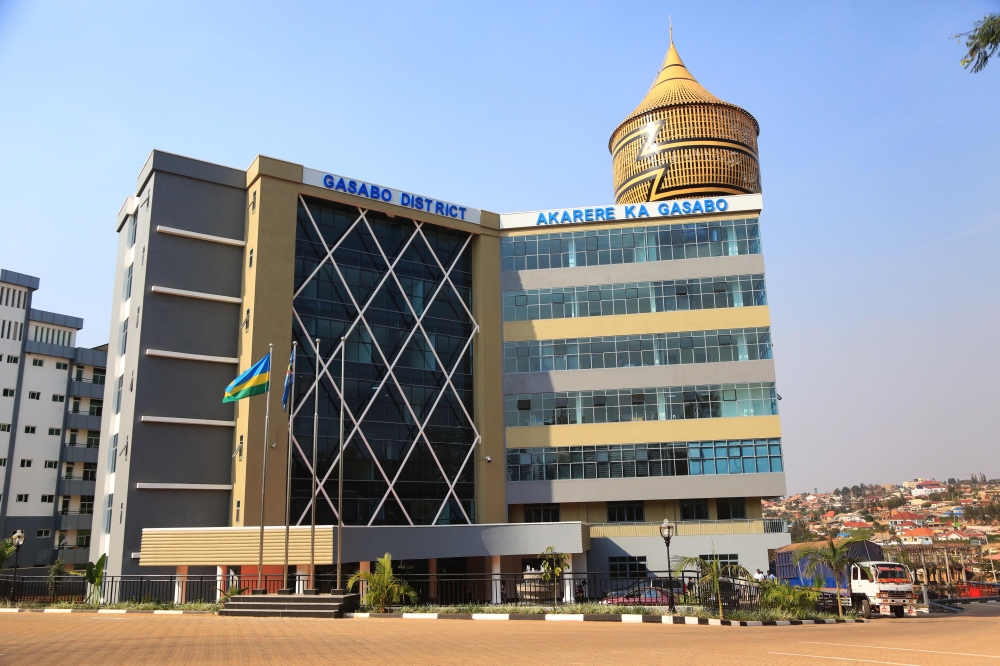Ministers of Infrastructure from Tanzania, Burundi and Rwanda concluded a meeting this week in Kigali, in which they agreed to establish a roadmap that puts in place the legal and regulatory framework to govern this project.A feasibility study carried out by an American firm concluded that the 1700 km- long rail project is both economically and financially viable. Donors have equally endorsed the initial findings.

Ministers of Infrastructure from Tanzania, Burundi and Rwanda concluded a meeting this week in Kigali, in which they agreed to establish a roadmap that puts in place the legal and regulatory framework to govern this project.
A feasibility study carried out by an American firm concluded that the 1700 km- long rail project is both economically and financially viable. Donors have equally endorsed the initial findings.
Current estimates put this project at a sum close to $3.5 billion and the next step the three countries are taking is to engage strategic partners mainly from the private sector to come on board and invest in this profitable project.
The benefits of this railway line speak volumes. Once in place, the railway line will provide an efficient common multinational transport network that will prop up regional economic integration and develop zones with high economic potential.
For Rwanda, the Railway line will be a blessing in many ways. Being a landlocked country, transportation of goods from the Sea is one of the major impediments of doing business in the country.
High transportation costs leading to high costs of doing business are a stumbling block for members of our business community, trying to compete with the rest of EAC member states.
With the railway line in place, it will provide a cheaper and direct link to the Sea Port and cut transport costs by a significant margin.
It will reduce the costs by establishing an economical mode of mass cargo transportation between Rwanda and other countries in the region as well as the International market.
Therefore, whereas we welcome the step that our respective Infrastructure Ministers have reached, there’s need to re-emphasis the imperative for a speedy implementation of each step agreed upon.
If the private sector is shying away from the project, our respective governments should not be held hostage but rather mobilize resources to kick-start the initiative.
Ends




